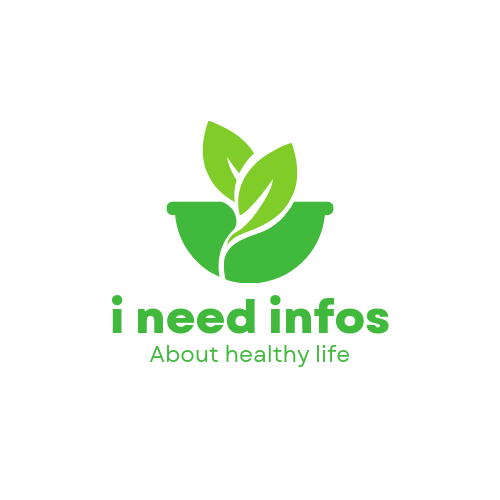Is Organic Food Worth the Price? A Breakdown of Benefits and CostsIs Organic Food Worth the Price? A Breakdown of Benefits and Costs
Is Organic Food Worth the Price? A Breakdown of Benefits and Costs
Standing in the grocery aisle, organic food beckons with its sleek packaging and hefty price tag. But is it worth the extra cost? Organic food myths abound, leaving you wondering – is organic food healthier? This article dives deep into the world of organic, exploring the benefits and costs to help you navigate the organic vs non-organic food debate.
 |
| Is Organic Food Worth the Price? A Breakdown of Benefits and Costs |
The Allure of Organic
The organic food movement emphasizes natural production methods. Organic farmers forgo synthetic pesticides, fertilizers, and genetically modified organisms (GMOs). This approach aims to create a healthier environment for us and the ecosystems that sustain us. But does it translate to a healthier you?
Organic Food Benefits: Fact or Fiction?
Let's dissect some organic food myths and explore the potential benefits of organic produce:
-
Myth: Organic food is automatically more nutritious.
-
Fact: Studies haven't shown a significant difference in most nutrients between organic and non-organic produce. However, some studies suggest organic fruits and vegetables might have higher levels of certain antioxidants.
-
Myth: Organic meat is automatically leaner.
-
Fact: Organic meat doesn't necessarily equate to lower fat content. Look for lean cuts and check labels regardless of the organic label.
-
Myth: Organic food is completely pesticide-free.
-
Fact: Organic farming allows for the use of some natural pesticides. However, these are generally considered less harmful than synthetic ones.
The Cost of Organic Bite-Sized Breakdown
Organic food typically carries a higher price tag. Here's a peek at why:
- Stricter Production Methods: Organic farming practices are often more labor-intensive and require smaller-scale production, driving up costs.
- Certification Costs: Organic farms undergo a rigorous certification process, adding to the overall expense.
So, Is Organic Food Worth It for Everything?
There's no one-size-fits-all answer. Here are some tips to make informed choices:
1.Focus on the "Dirty Dozen": Prioritize buying organic for fruits and vegetables with high pesticide residue, like strawberries, spinach, and apples (check out the Environmental Working Group's "Dirty Dozen" list).
2.Go Organic with Meat (Sometimes): Consider organic meat, especially for grass-fed options and animals raised without antibiotics. However, prioritize organic meat based on your budget.
3.Embrace Local and Seasonal: Locally-sourced, seasonal produce often uses fewer pesticides, even if not organic certified. Support local farmers' markets!
4.Conventional Can Be Okay: Don't feel pressured to buy organic for everything. Wash all produce thoroughly, regardless of origin.
Affordable Organic Options Stretch Your Green Dollar
Organic food doesn't have to break the bank. Here are some tips for finding affordable organic food options:
1.Join a CSA (Community Supported Agriculture): CSAs connect you directly with local farms, offering seasonal produce at a discounted rate.
2.Shop at Discount Grocery Stores: Some discount grocery stores offer a decent selection of organic products at competitive prices.
3.Plan Your Meals and Buy in Bulk: Plan your meals around seasonal, organic options and buy in bulk when deals arise (think frozen fruits and vegetables).
4.Grow Your Own: Even a small balcony garden can yield fresh herbs and vegetables, reducing your reliance on the grocery store.
Conclusion
Ultimately, the decision to buy organic food is a personal one. Weigh the potential benefits against the costs and prioritize based on your budget and values. Remember, a balanced diet with a variety of fruits, vegetables, whole grains, and lean protein is essential, regardless of the organic label. So, explore the organic aisle, make informed choices, and enjoy a delicious and healthy journey.



.jpg)
.jpg)

